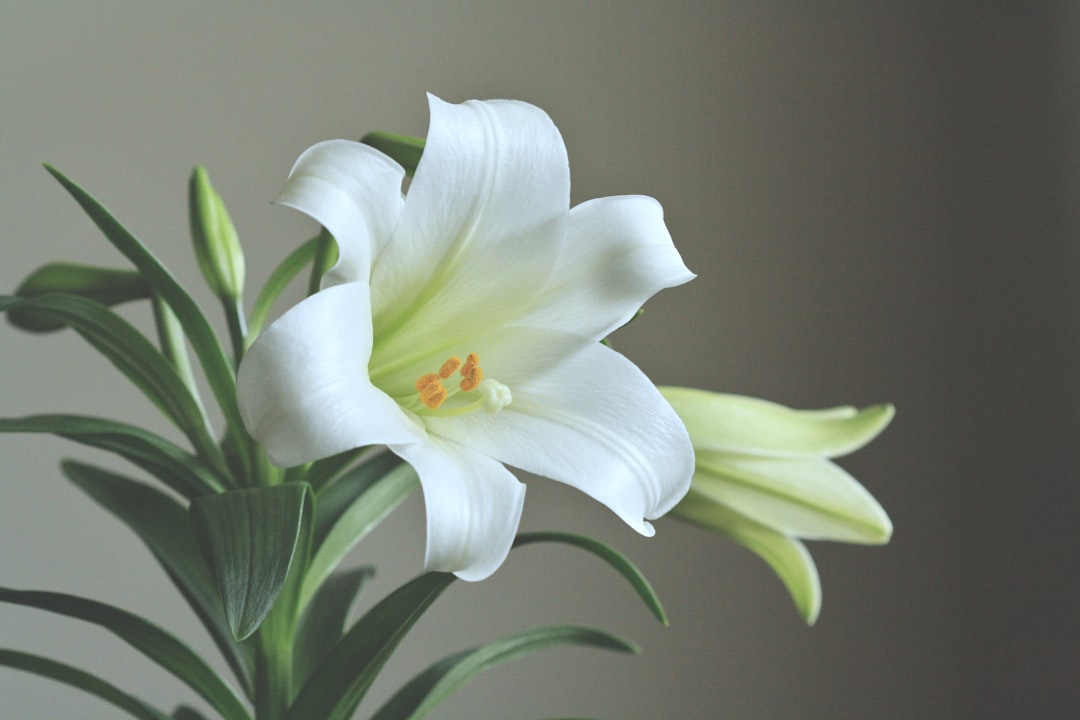The Unsung Heroes of Your Lawn: Dandelions

When it comes to lawns, many people view dandelions as the enemy. They pop up uninvited, with their bright yellow flowers and fluffy seed heads, disrupting the perfect green carpet that we strive to maintain. However, this common perception is far from the truth. In fact, dandelions are not only beneficial for your yard but also possess a range of qualities that make them truly remarkable.
One of the key benefits of dandelions is their ability to improve soil health. Their long taproots penetrate deep into the ground, breaking up compacted soil and allowing air, water, and nutrients to reach the roots of other plants more easily. This process, known as aeration, helps to create a healthier and more fertile soil environment. Additionally, when dandelions die back, their roots decompose, adding organic matter to the soil and further enhancing its structure and fertility.
Dandelions also play an important role in attracting beneficial insects to your yard. Their bright yellow flowers are a rich source of nectar and pollen, which attract bees, butterflies, and other pollinators. These insects are essential for the pollination of many plants, including fruits, vegetables, and flowers. By providing a food source for pollinators, dandelions help to support the overall biodiversity of your yard and contribute to a healthy ecosystem.
In addition to their environmental benefits, dandelions are also highly nutritious and edible. Every part of the dandelion plant is edible, from the leaves and flowers to the roots. Dandelion leaves are rich in vitamins A, C, and K, as well as minerals such as calcium, iron, and potassium. They can be eaten raw in salads, sautéed as a side dish, or brewed into a tea. Dandelion flowers can be used to make dandelion wine, jelly, or syrup, while the roots can be roasted and ground to make a coffee substitute.
Another advantage of dandelions is their resilience and adaptability. They are able to grow in a wide range of soil types and environmental conditions, making them a hardy and reliable plant. Unlike many other lawn grasses, dandelions do not require frequent watering, fertilizing, or mowing, which can save you time, money, and effort in the long run. They are also resistant to many common lawn diseases and pests, reducing the need for chemical pesticides and herbicides.
Despite their many benefits, dandelions are often considered a nuisance by homeowners who prefer a perfectly manicured lawn. However, it is important to remember that a healthy and diverse lawn is not only more beautiful but also more sustainable. By embracing the presence of dandelions in your yard, you can create a more natural and eco-friendly landscape that supports the health and well-being of both your plants and the environment.
So, the next time you see a dandelion in your lawn, don't reach for the weed killer. Instead, take a moment to appreciate its beauty and the many benefits it provides. You might even consider leaving a few dandelions to grow and enjoy their bright yellow flowers and nutritious greens. After all, a lawn full of dandelions is not a sign of neglect but rather a sign of a healthy and thriving ecosystem.
In conclusion, dandelions are far from being bad for your lawn. They are beneficial for soil health, attract beneficial insects, are nutritious and edible, and are resilient and adaptable. By changing our perception of dandelions and learning to appreciate their many qualities, we can create a more sustainable and beautiful yard that benefits both us and the environment. So, let's embrace the dandelions and let them be the unsung heroes of our lawns.